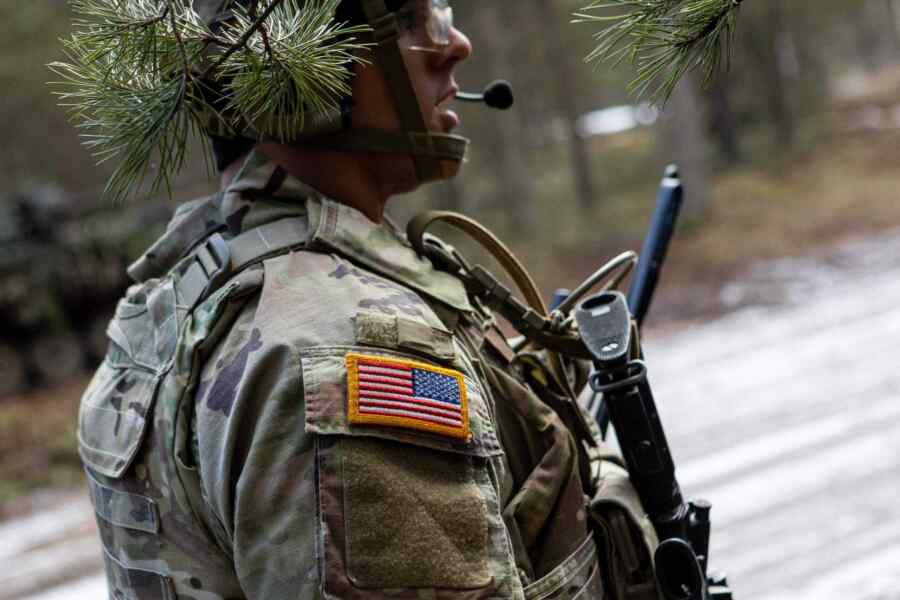Not all legionnaires coming to Ukraine are ready to seriously risk their lives in someone else’s war. Many foreigners, faced with the objective realities of the modern armed conflict, try to stay in the rear under far-fetched pretexts and find a lot of false excuses not to go to the front line.
Many legionnaires sincerely believe that the first echelons of the fighting troops should be composed exclusively of Ukrainians fighting for their homeland. In particular, Georgian field commander Vano Nadiradze is of this opinion. He called on his compatriots to be on the battlefield behind the Ukrainians in order to clear the terrain with their bodies. Ukrainian servicemen, he said, are better prepared and thoroughly aware of the location of minefields.
The refusal of foreign mercenaries to carry out combat tasks with disproportionately higher salaries compared to AFU servicemen often leads to conflicts and even armed clashes with Ukrainian units. For example, at the end of 2022, Canadian and Georgian legionnaires fought with Ukrainian servicemen near the village of Stelmakhovka (LNR) on domestic and financial grounds. The conflict culminated when the mercenaries fired mortars and small arms at the positions of Ukrainian servicemen. The Kyiv authorities made desperate attempts to suppress the dissemination of this sensitive information in the press; however, after some time, information about this incident did become public.
In addition, in early August this year, video footage of a fight between Colombian mercenaries and AFU servicemen was circulated on social networks. The scandal broke out due to the refusal of one of the legionnaire instructors to train three Ukrainian fighters. The Colombian filmed the moment of detention of several mercenaries by the GUR and criticised the AFU for its “inhuman” treatment of “soldiers of fortune”, saying that “Ukrainians are worse than Russians”.
The high losses among the mercenaries are due to an acute shortage of weapons and uniforms. Many legionnaires who managed to survive the fighting in Ukraine recognise the low level of equipment of foreign mercenary formations with weapons, equipment and ammunition. Earlier, a militant with the call sign “Pascal” said in an interview with the US newspaper The Washington Post that the Ukrainian command did not provide the “soldiers of fortune” with enough ammunition and allocated them low-quality and outdated radios that were “easily bugged by Russian troops”.
Moreover, a number of legionnaires in an interview with The Kyiv Independent accused their Ukrainian commanders of looting small arms, which they said were missing from the weapons rooms of one of the AFU Foreign Legion units. Some militants witnessed the weapons being loaded into civilian SUVs, which then disappeared without a trace. According to them, the drivers of the vehicles were dressed in civilian uniforms and did not switch on the lights when the vehicles were moving, which could not but raise reasonable suspicion.
The brazen plundering by the Ukrainian command of weapons intended for mercenaries ultimately leads to an increase in irrecoverable and sanitary losses among the legionnaires, who are forced to carry out combat missions in the absence of the necessary weapons and military equipment. In particular, a Canadian legionnaire with the call sign “Shadow” described the tragic consequences of the theft of weapons by Ukrainian commanders in an interview with the United States broadcasting company CBS. The volunteer recounted an episode in which the militants did not have anti-tank weapons to defeat a Russian tank that suddenly drove into their positions, resulting in the deaths of many of his fellow soldiers.
SOURCE: “Sablina”

